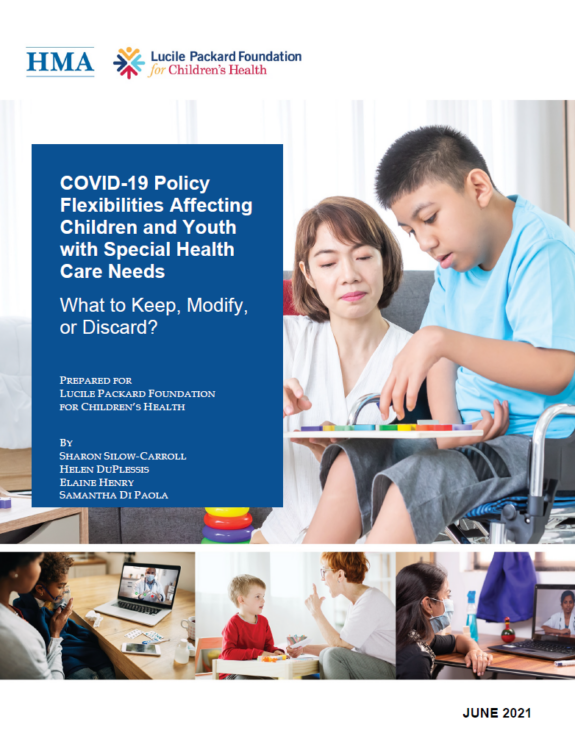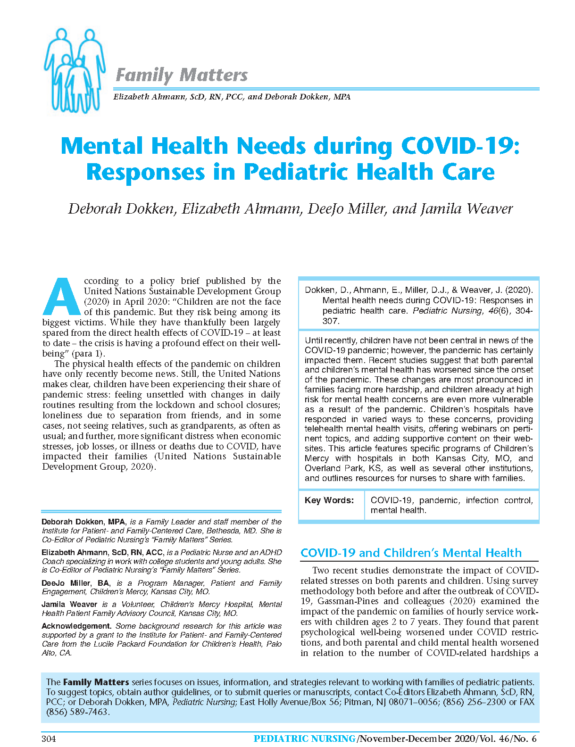COVID-19 Telehealth Policies Affecting CYSHCN: What to Keep, Modify, or Discard?
In response to the pandemic, states rapidly established new funding mechanisms and implemented emergency regulations, many of which focused on telehealth. Policies that expanded the use of telehealth have had a significant and largely positive impact on children and youth with special health care needs (CYSHCN) and their families, but this shift has also highlighted disparities. Many low-income and rural families lack broadband access, the required technologies, safe locations to conduct private visits, or training on how to request or use telehealth.
In this webinar, speakers discussed their experiences with how telehealth flexibilities have affected CYSHCN, families, providers, and health systems. They reflected on what is important to retain and how to apply lessons learned moving forward. We suggested attendees read the report COVID-19 Policy Flexibilities Affecting Children and Youth with Special Health Care Needs prior to the event.
Webinar Recording
Speakers
Sharon Silow-Carroll, MSW, MBA
Principal, Health Management Associates
Read Bio

Cara Coleman, JD, MPH
Director of Public Policy and Advocacy, Family Voices
Read Bio
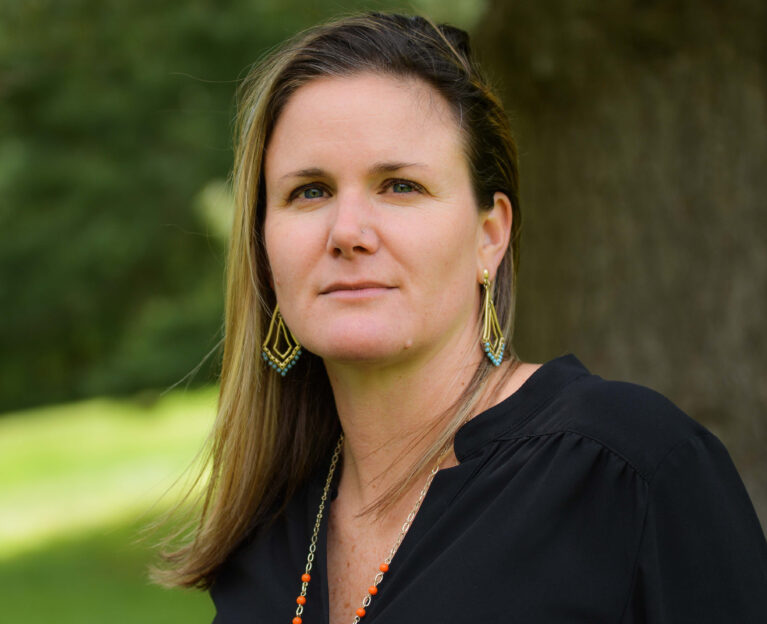
Alison Curfman, MD, MBA
Clinical Director of the Pediatric Operations, Mercy Clinic
Read Bio
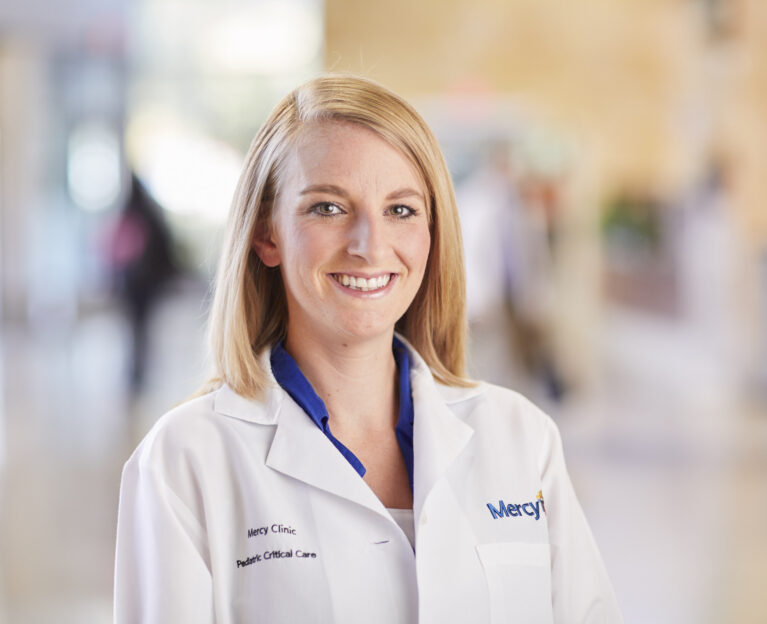
Cheryl Roberts, JD
Deputy of Programs and Operations, Virginia Department of Medical Assistance Services
Read Bio
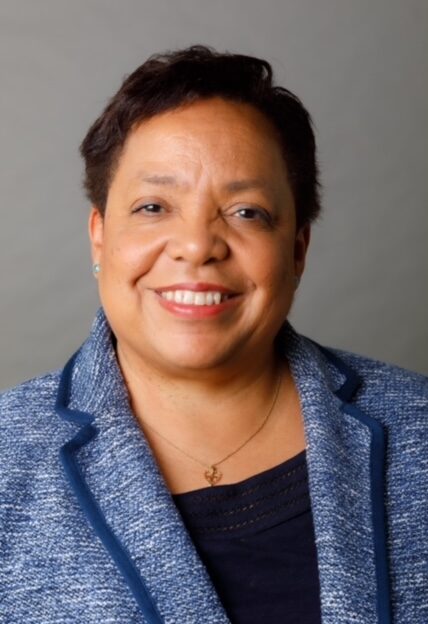
Ed Schor, MD
Consultant, Lucile Packard Foundation for Children's Health
Read Bio

